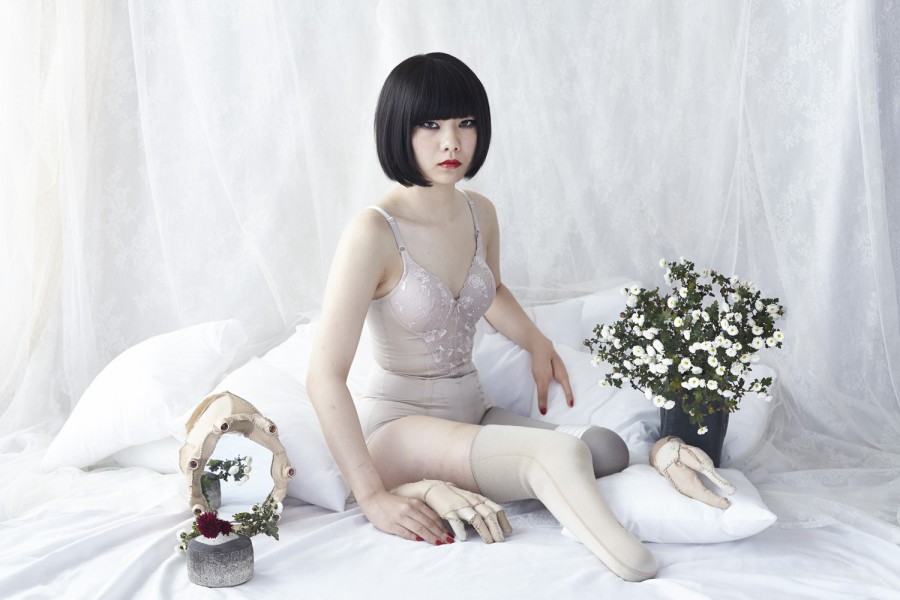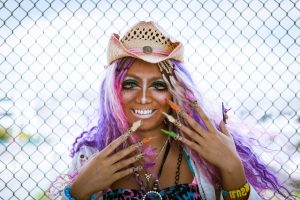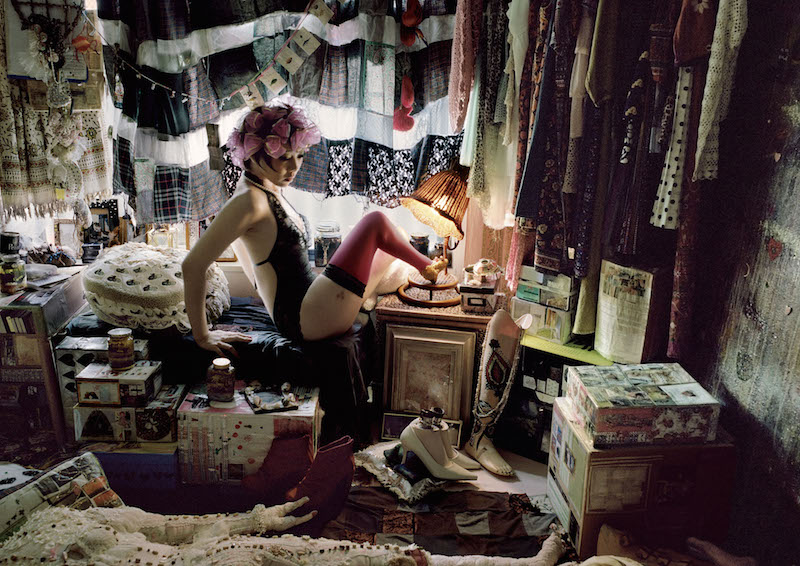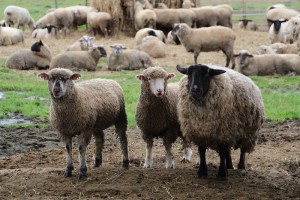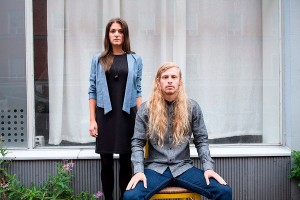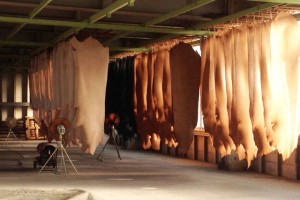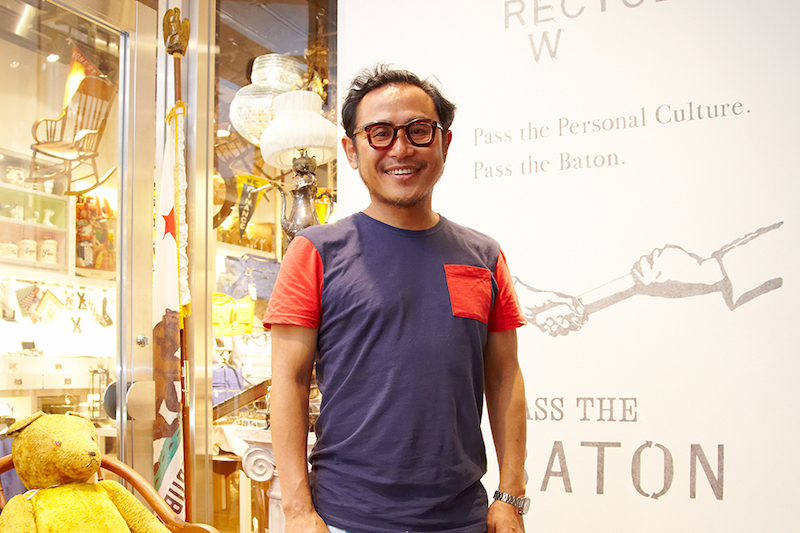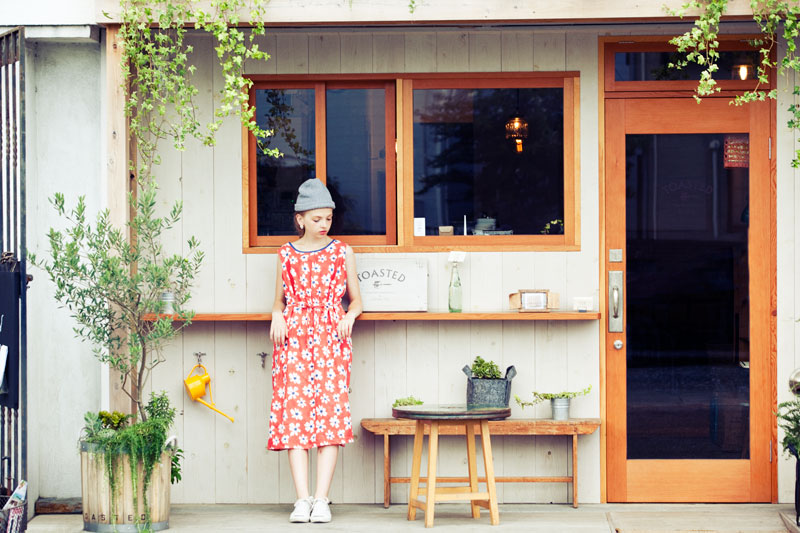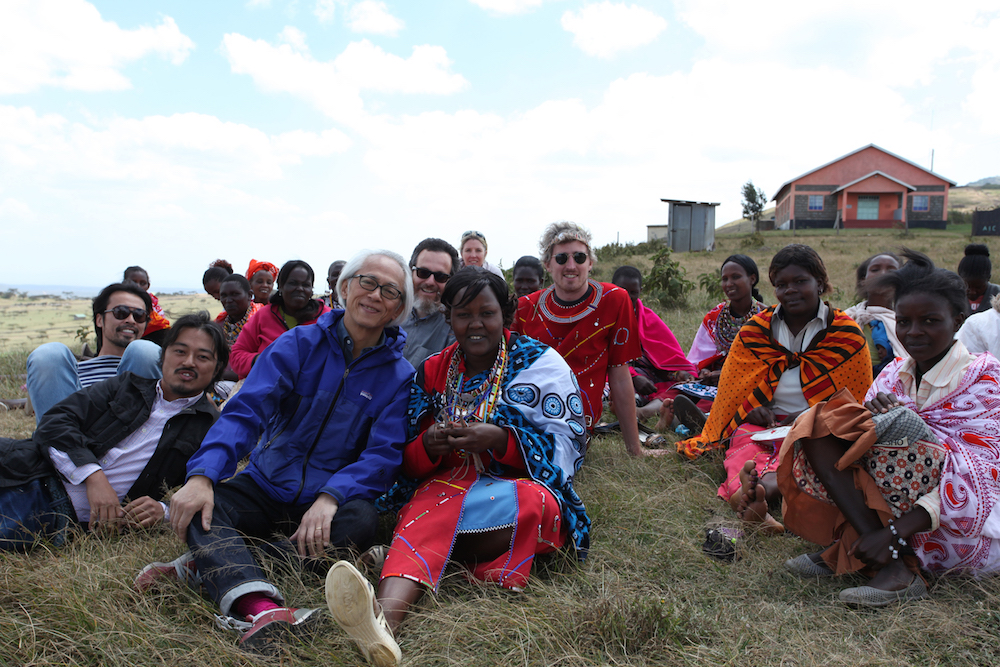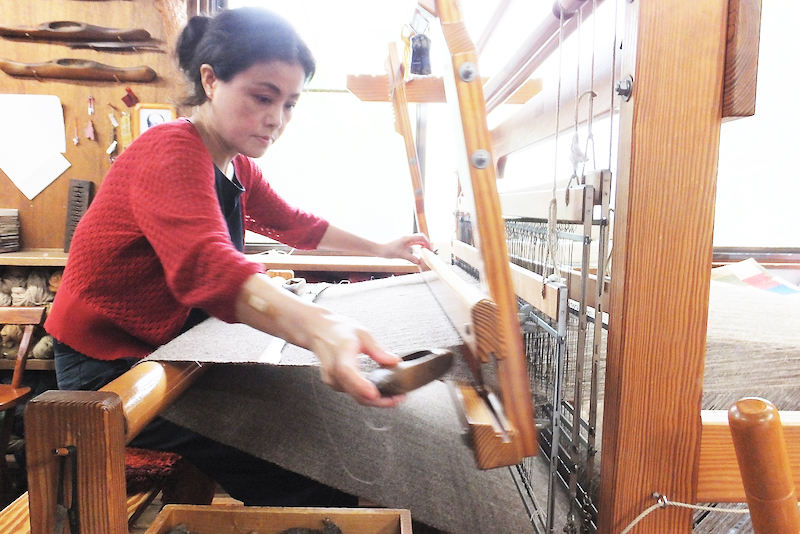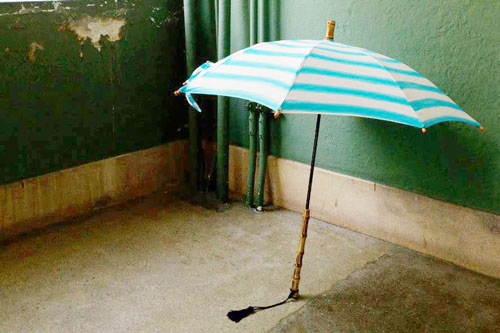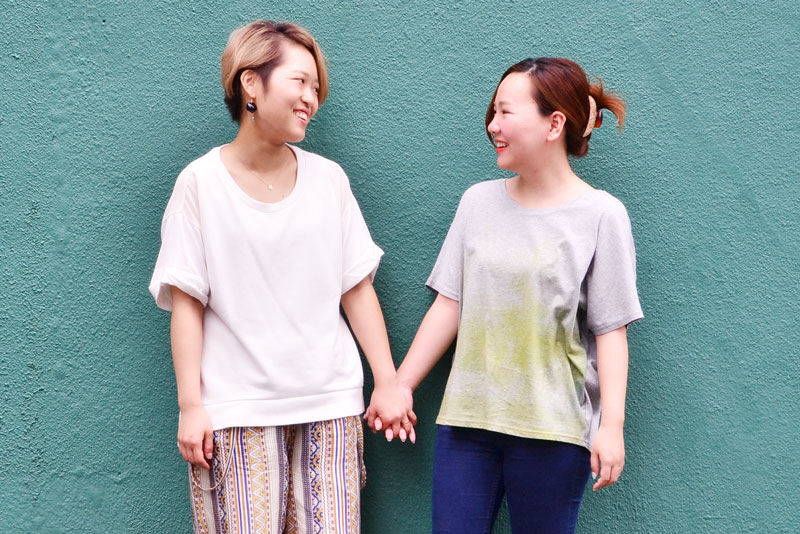Berlin Fashion Week presents fashion shows and exhibitions all around the city. From July 2015, a new exhibition has appeared along the shuttle bus route linking the venues for all of these events. That exhibition is Ethical Fashion Show Berlin (hereafter EFSB). A ticket to any one of the exhibitions happening along the route will get you in to any of the other exhibitions also. This is perhaps an indicator of the degree to which ethical and sustainable fashion has “formally” assumed its place during Berlin Fashion Week.
Ethical brands around the world are all paying close attention to Berlin at the moment. They are unanimous in making comments such as “Exhibiting our brand in Berlin brings in the greatest number of sales, so we really can’t miss it,” or “There are many buyers who truly understand sustainability.” We followed up on the situation in Berlin, a city that may just end up being the capital of sustainability.
What is Ethical Fashion Show Berlin?
EFSB is a major exhibition presenting ethical fashion. This year is its tenth edition, and it has brought together around 160 companies from a total of 21 countries around the world besides Germany. The event is being put on in conjunction with Greenshowroom, an exhibition of ethical high fashion.
In addition to brands that use organic or natural materials, there are also many promoting a focus on the concept of “local.” We can fairly safely expect that every brand practices Fairtrade. Brands taking on the challenge of recycling are a particularly distinctive feature of the event. This edition of EFSB attracted about 2000 visitors. Most were buyers or agents, and 70%–80% are from Germany.
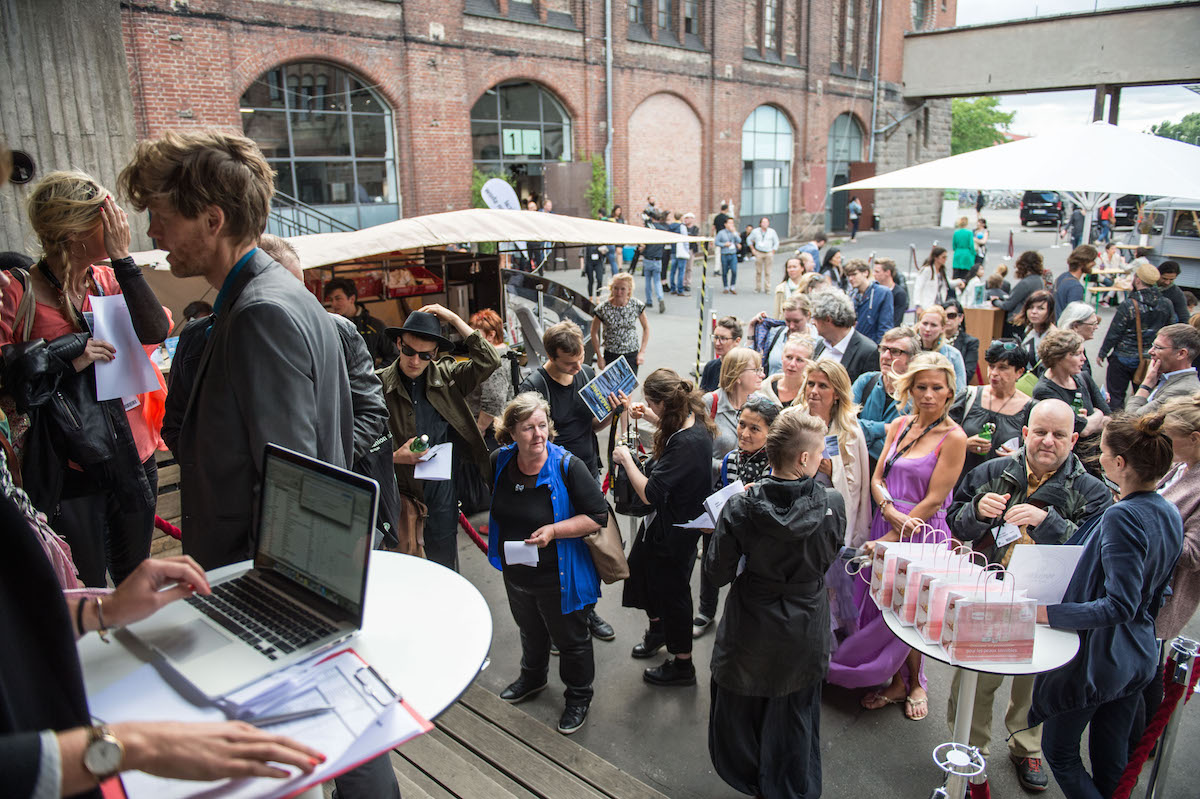
Courtesy of Messe Frankfurt

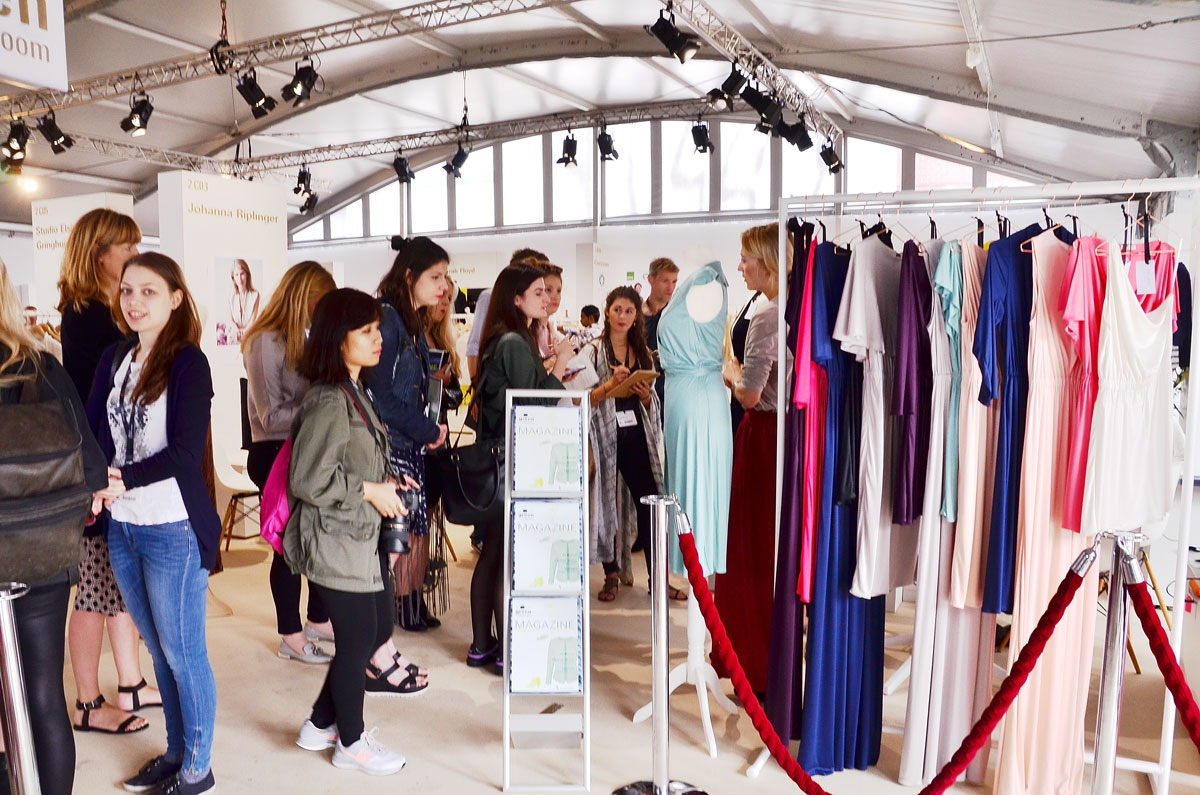
The event is run by Messe Frankfurt, which, as the world’s largest trade fair company, organizes about 100 trade fairs each year in different parts of the world.
Messe Frankfurt took over the Paris Ethical Fashion Show in 2010 and ran the event several times before calling it quits. At about the same time, it took over Greenshowroom, which had already been running in Berlin, organized by two individuals, Magdalena Schaffrin and Jana Keller. In July 2011, it launched the event as EFSB.
In terms of the reasons for the change of location, Bernd Muller and Stephanie Keukert, who have run the event since its inception, explain that Germany represents a relatively large market for ethical consumption. They see this as coming from the unique way that the retail trade is structured in Germany.
In France, there is no real professional market, and we miss professional fashion market.
For this kind of fashion, you need small individual retailers, who select the collections which are sold in their stores. However, in France, it is dominated by big chains and distributors, and there is very little on offer and it is quite specific, which is too narrow for such a show.
Britain, which many assume to be an ethical fashion Mecca, again, its retail structure is different from Germany. It is little bit like France. Green labels do exist in Britain, but they either start their own shop, or work with big distributors. (Muller)
Also the consumers. Consumers are not that much conscious of sustainability and nature. French people, it was more to support their previous colonies, and to work with designers in the countries, where people still speak French. They still want to do human support for them, but basically, overall consciousness for sustainability is not developed as much as in other countries. It is definitely less. (Keukert)
The scale of Berlin as a market makes it worth concentrating on, they explain. For the time being, they have no plans to expand the event to other countries.
Why Upcycling Getting Attention in Berlin?
There must be some unique German factor to explain all these brands tackling the challenges of recycling.
Germans are said to be members of a nation with a high level of eco-consciousness. They love nature, and bio (organic) is firmly established. They are also very sensible about squeezing every bit of the life out of objects. These are national traits that would probably tend to promote recycling.
Upcycling Fashion Store (UFS) is a shop in the Mitte, Berlin. It is a network jointly created by designers who take on the challenge of upcycling. UFS created a map of shops and brand showrooms in the city and also gets information out to the public and organizes shopping tours. UFS is curating outstanding upcycling brands from Germany and around the world.
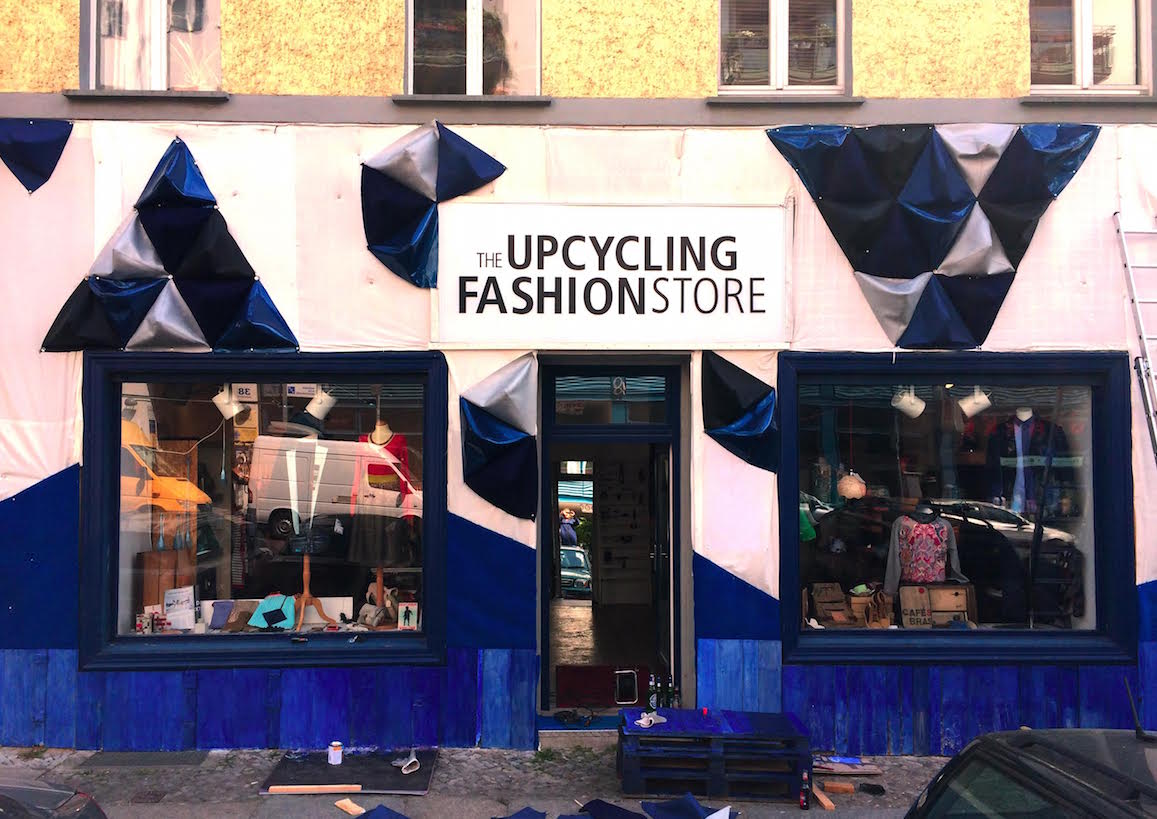
(Courtesy of Upcycling Fashion Store)
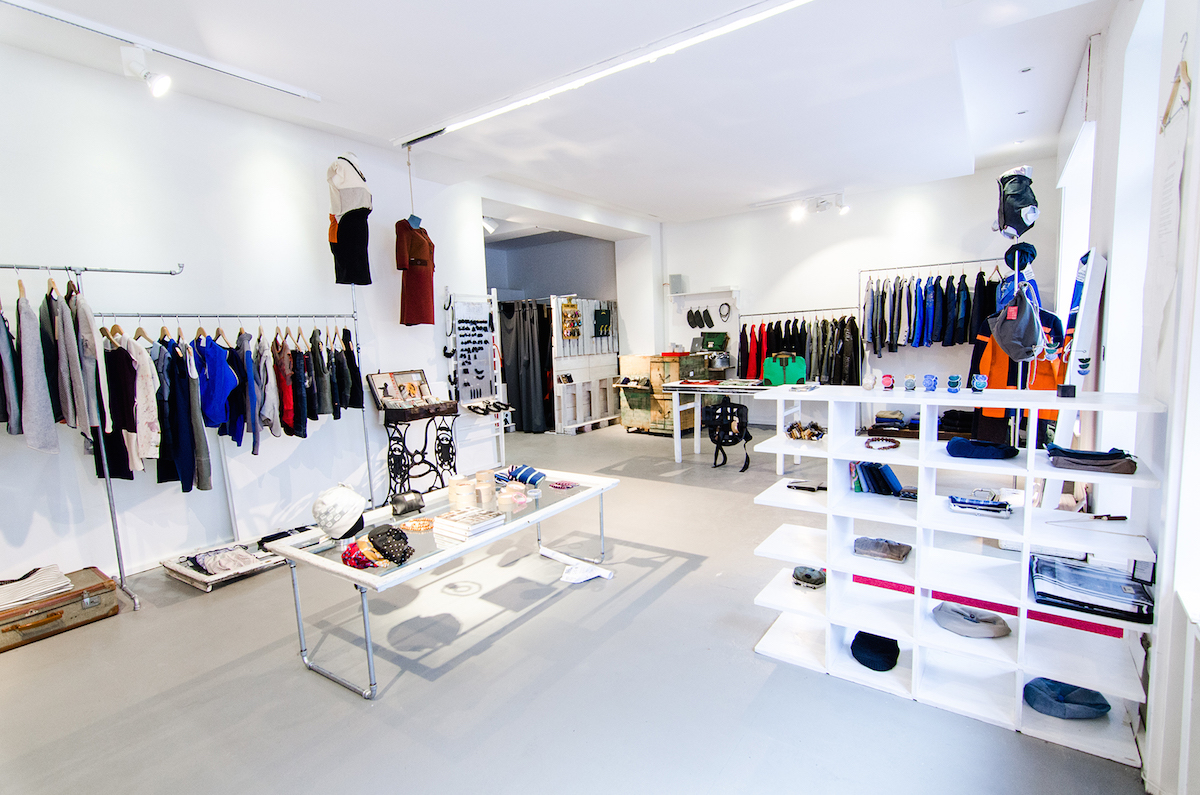
Inside “Upcycling Fashion Store” with upcycled products from all around the world. (Courtesy of Upcycling Fashion Store)
Carina Bischof, is one of the founders of the UFS shop and also look after the EFSB exhibitors, also feels the excitement in Berlin.
Since I was there, I felt that the brands were applying much earlier. This season we were already booked out before the deadline and we even had to say no to some brands.
We got good feedback from the designers, about half of them seemed to get new customers. The joint ticket together with the other fairs increased the number of conventional stores.
This was one of the best fairs so far. However, it would be nice, if the city is supporting Berlin as Green Fashion Capital a bit more.(sic)
The city of Berlin is not supporting EFSB yet; meanwhile, having over 30 Berlin upcycling fashion shops (they are listed on the UFS map, image below) is quite a remarkable achievement in terms of numbers.
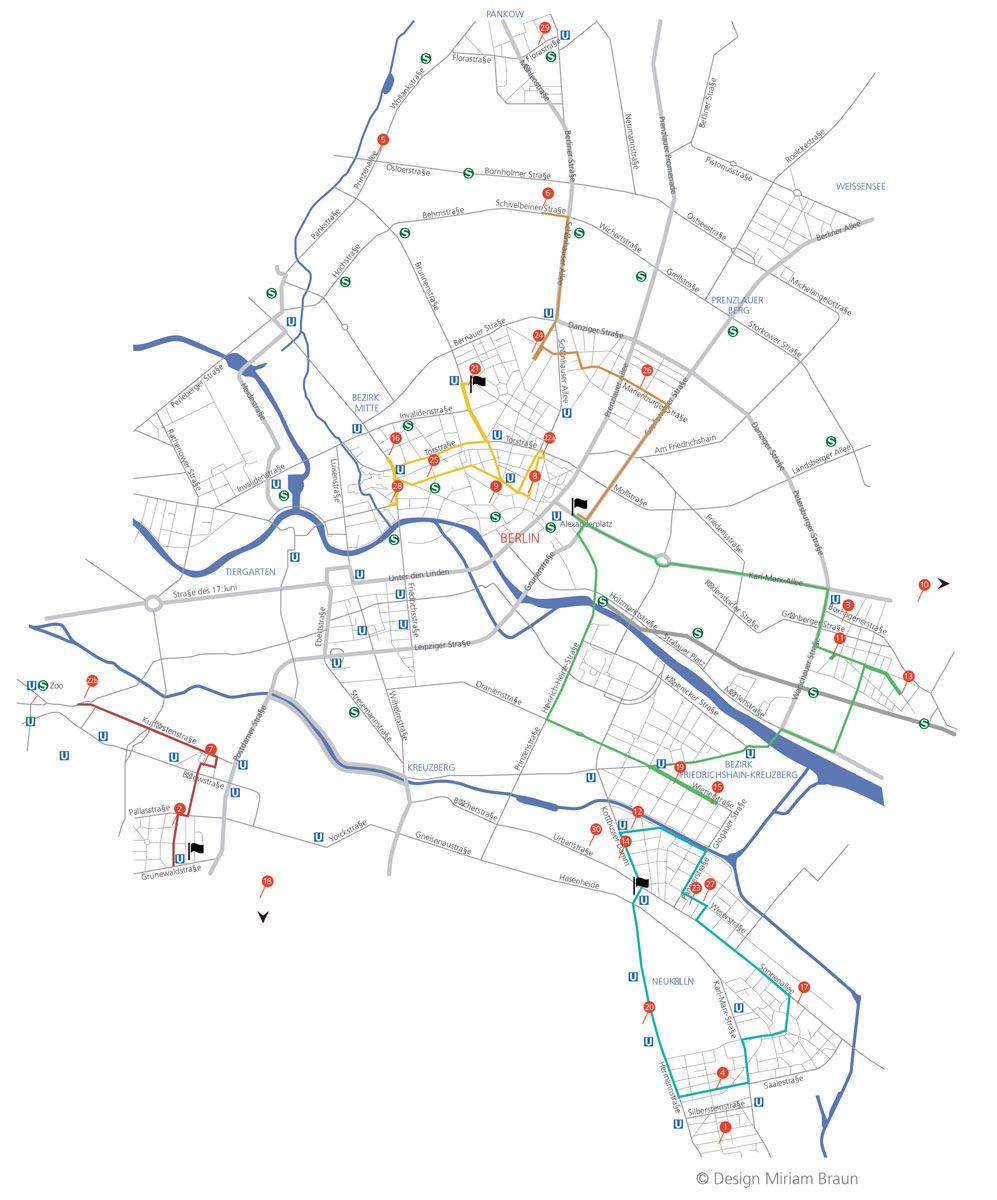
(Courtesy of Upcycling Fashion Store)
Historic Background
Isabell further explains that Germany’s long history of Craft Guilds encourages a high level of interest in quality when shopping, even today.
FOLKDAYS is a German Fairtrade brand that works with craftspeople in developing countries who practice traditional techniques. The company has experienced fast growth due to steady PR. FOLKDAYS founder Lisa Jaspers mentions discernment about quality as a distinctive characteristic of the German people.
We only do e-commerce or pop-up shops. However, there is a strong idea behind crafts and quality in Germany, and I think that is why they want to judge a product’s value by actually seeing and touching it. Indeed, some just don’t want to put in their credit card information, but overall, they are careful with online shopping.
That is why we try to push also this aspect in Germany. We talk about skilled people, craftsmanship that is extraordinary and valuable being continued for a long time.(Jaspers)
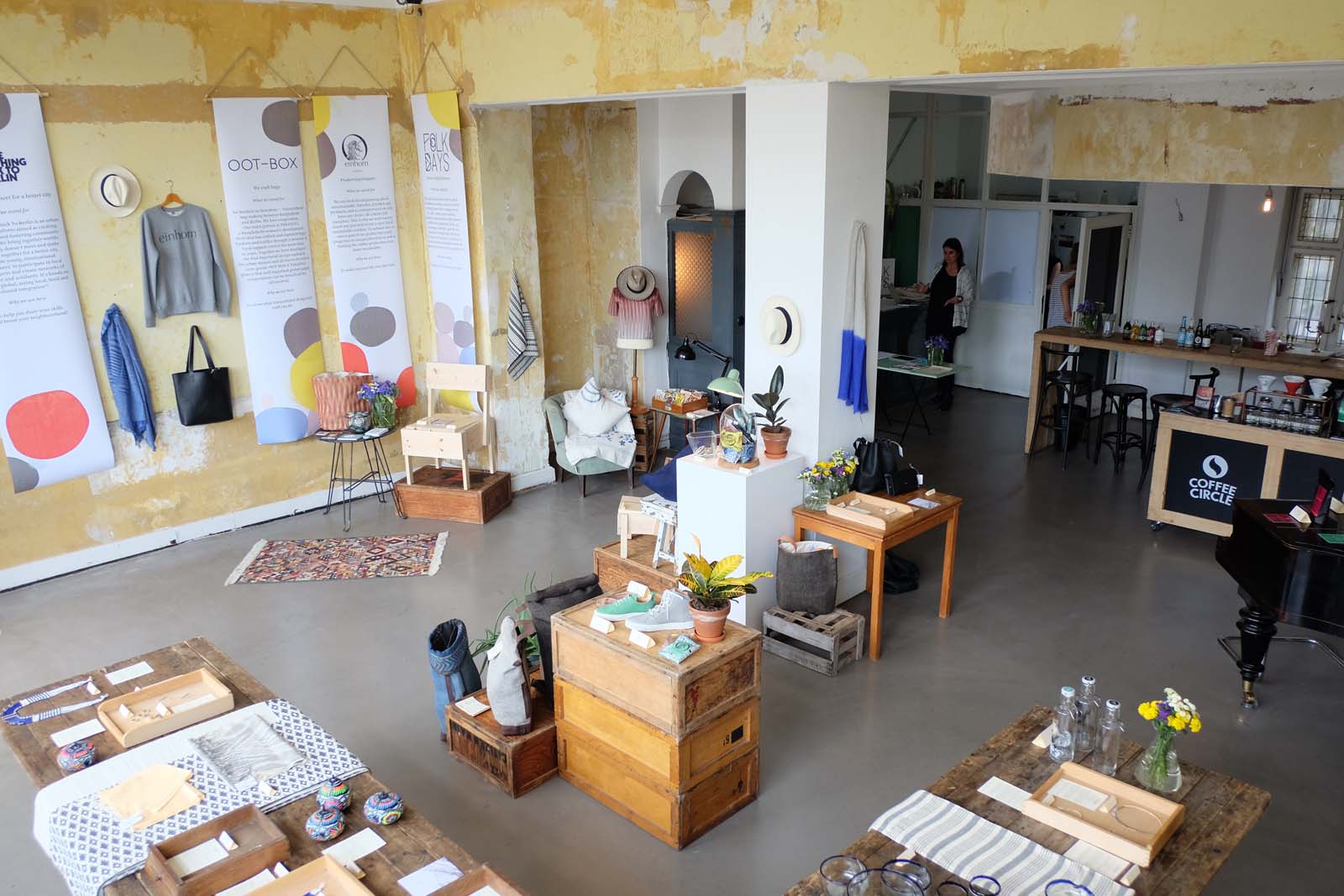
Inside Folkdays & Friends pop up shop held June 2015 (Photography: Ruth Bartlett, Courtesy of FOLKDAYS)
It can be said that Germans judge an object’s value according to their own criteria, and only buy once they’re convinced. So this could be one of the factors why there is relatively less active use of social networks here. It is said that Germany ranks below the European average, with just 42% of its population regularly using social networks.*.
I think the Germans are using social media not so much in comparison to other countries. I personally do, but it is more for business objectives and to communicate with customers abroad. (Carina Bischof, sic)
Next issue, we will follow up on the actual fashion consumption.
*……The German Guide to Social Media

